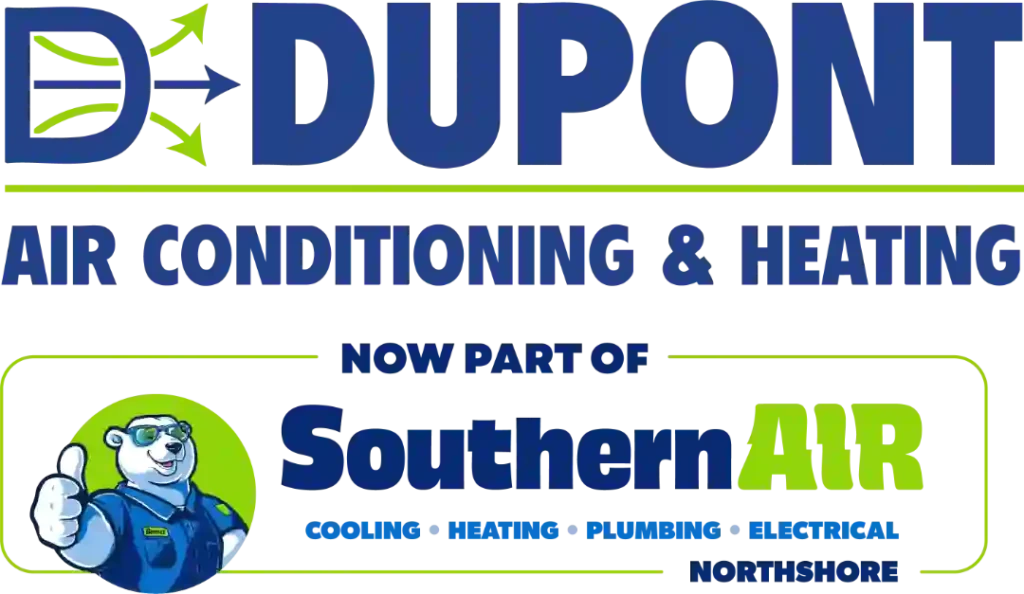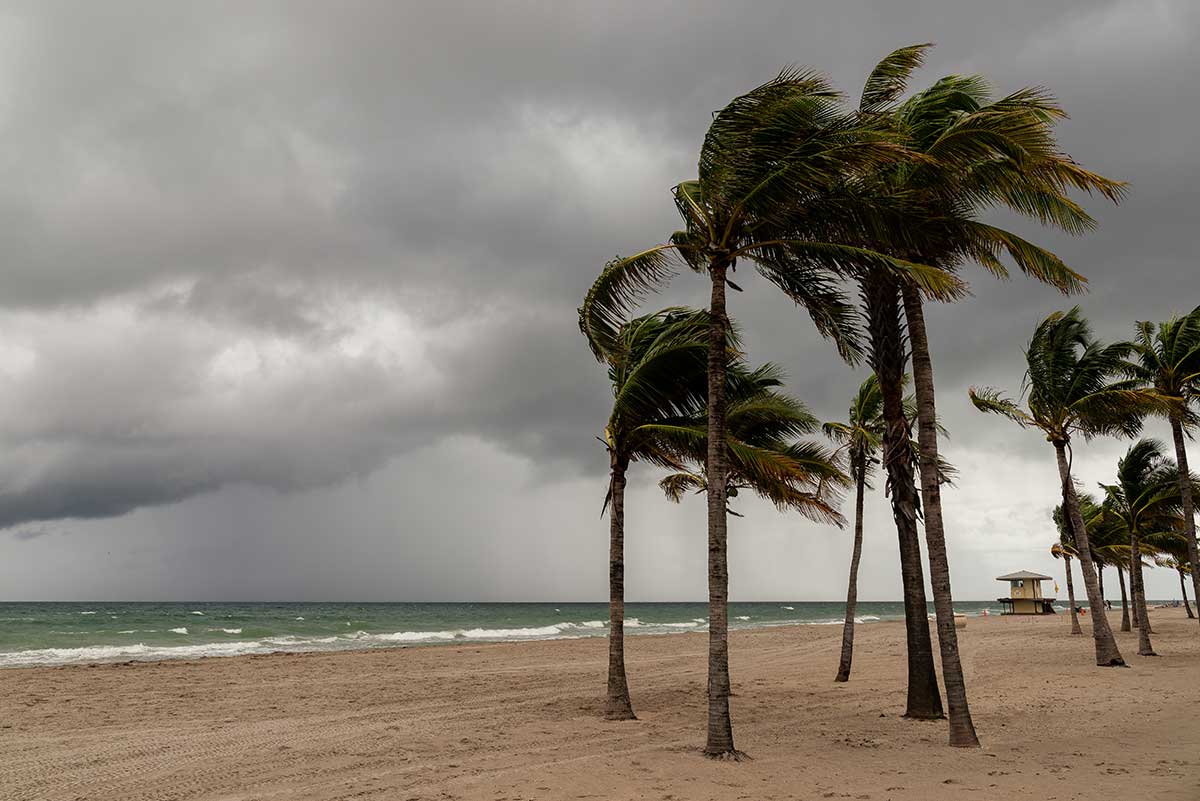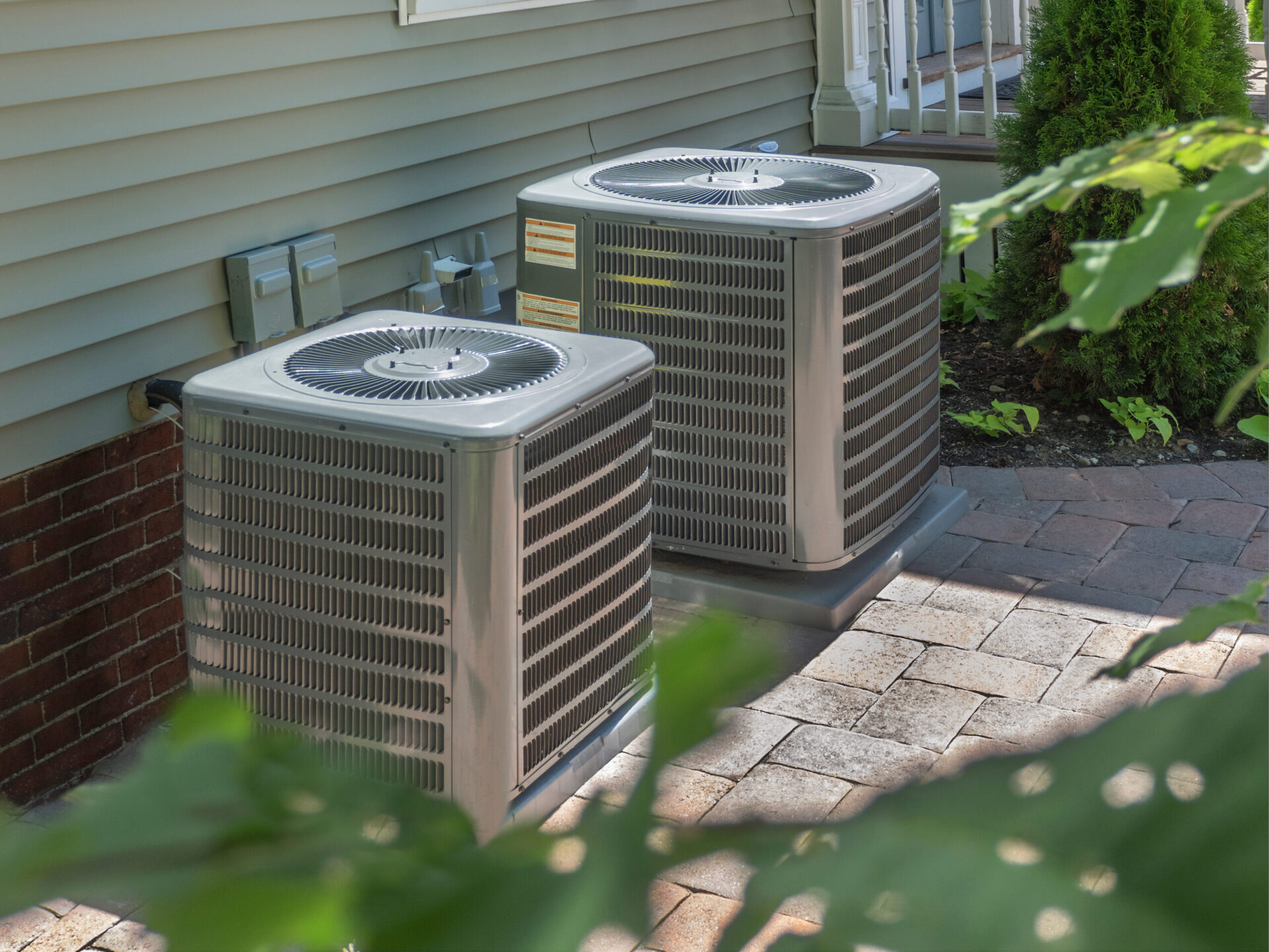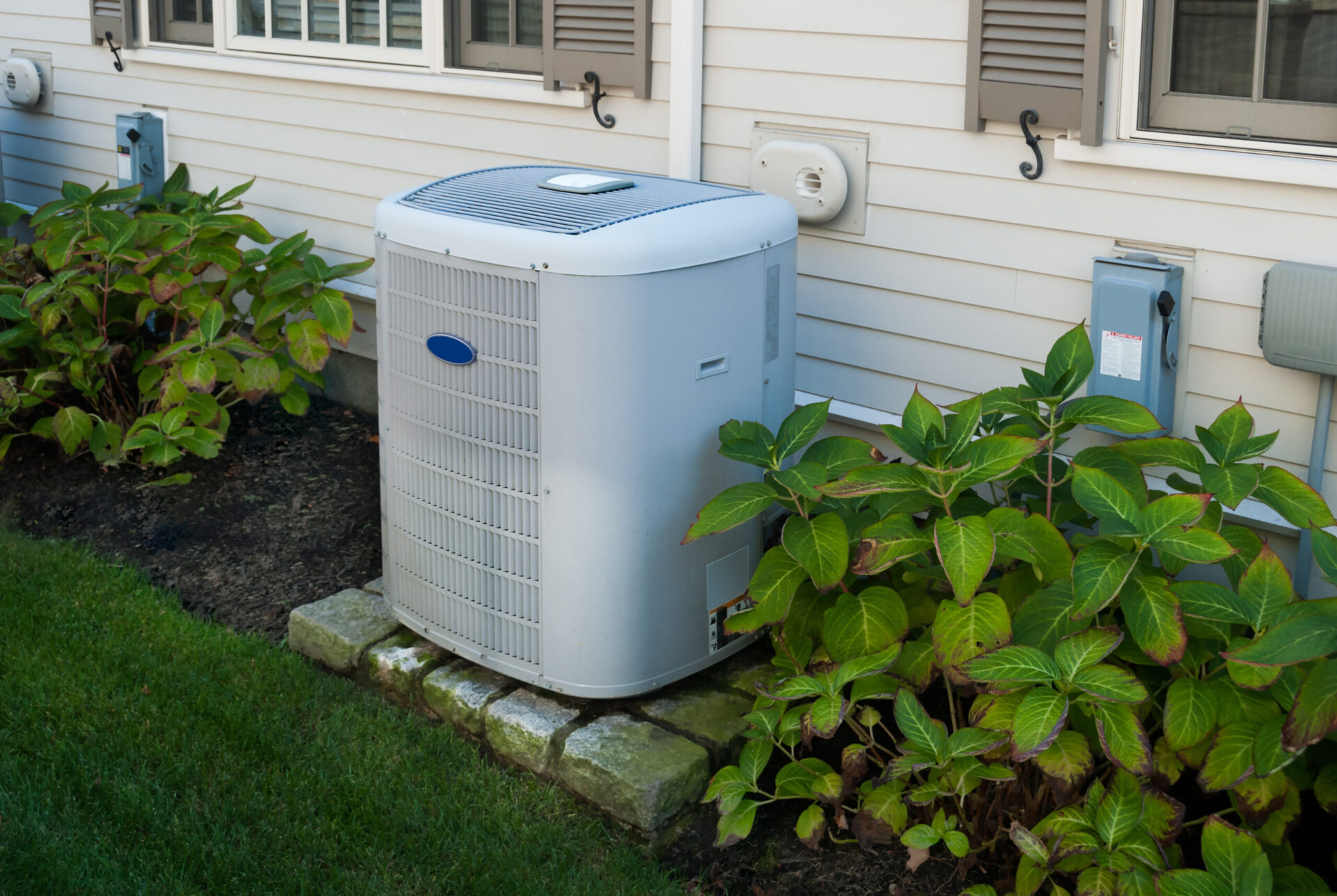As Tropical Storm Francine approaches Louisiana, it’s crucial to stay prepared and protect your home. At Dupont Air Conditioning and Heating, we’re committed to keeping you and your family safe and comfortable during severe weather. Here’s a helpful checklist to ensure your HVAC system and home are ready for the storm:
Before the Storm:
- Secure Your HVAC Unit: If your outdoor air conditioning unit is exposed, clear away any debris that could be thrown around by high winds. You can also use a tarp or specially designed covers to protect it from potential damage.
- Inspect Your HVAC System: Ensure your system is running smoothly before the storm hits. Schedule an HVAC tune-up if needed to make sure your air conditioning system is in peak condition, especially since power outages or flooding can strain the system.
- Clear Drains and Gutters: Make sure your home’s drainage systems are functioning properly to avoid flooding around your HVAC unit and other vulnerable areas of your home.
- Stock Up on Supplies: Create an emergency kit with food, water, first aid, medications, flashlights, and batteries. Don’t forget your pets’ needs as well. Having your supplies ready can give you peace of mind in case of an extended power outage or evacuation.
During the Storm:
- Unplug Appliances: Unplug your HVAC system and other sensitive electronics to protect them from potential power surges caused by the storm.
- Stay Indoors: Choose a safe, windowless room in your home to shelter during the storm. If you have backup cooling options, like portable fans or battery-powered units, keep them handy to stay comfortable.
- Keep Refrigerators Closed: In the event of a power outage, keeping your refrigerator and freezer closed will help preserve food for longer. This can save you from costly spoilage while power is restored.
After the Storm:
- Assess HVAC Damage: Once it’s safe to go outside, check your air conditioning unit for damage. Look for signs of flooding, debris around the unit, or broken parts. If you notice any issues, turn off the power to the system and call Dupont Air Conditioning and Heating for an emergency inspection.
- HVAC System Restart: After a power outage, avoid restarting your HVAC system immediately. Wait until the power is stable to prevent damage to the system’s electrical components.
- Inspect Your Home: After ensuring your safety, inspect your home for any storm damage, including to your plumbing and HVAC system. Any signs of flooding or broken pipes should be addressed immediately to prevent further complications.
Emergency Services:
Dupont Air Conditioning and Heating is here to help with any storm-related HVAC or plumbing issues. If your system is damaged due to the storm, our team is available for emergency repairs. Whether it’s your air conditioner, heating system, or plumbing, we’re ready to restore comfort to your home as quickly as possible.
For storm preparation assistance or emergency repairs after Tropical Storm Francine, give us a call at (985) 323-5244. We proudly serve Mandeville, Covington, Madisonville, Slidell, Hammond, and the surrounding areas.
Stay safe, stay prepared, and remember that Dupont Air Conditioning and Heating is here to help you weather the storm!
If you need assistance after the storm with your HVAC or plumbing systems, give us a call or schedule your appointment conveniently online.





